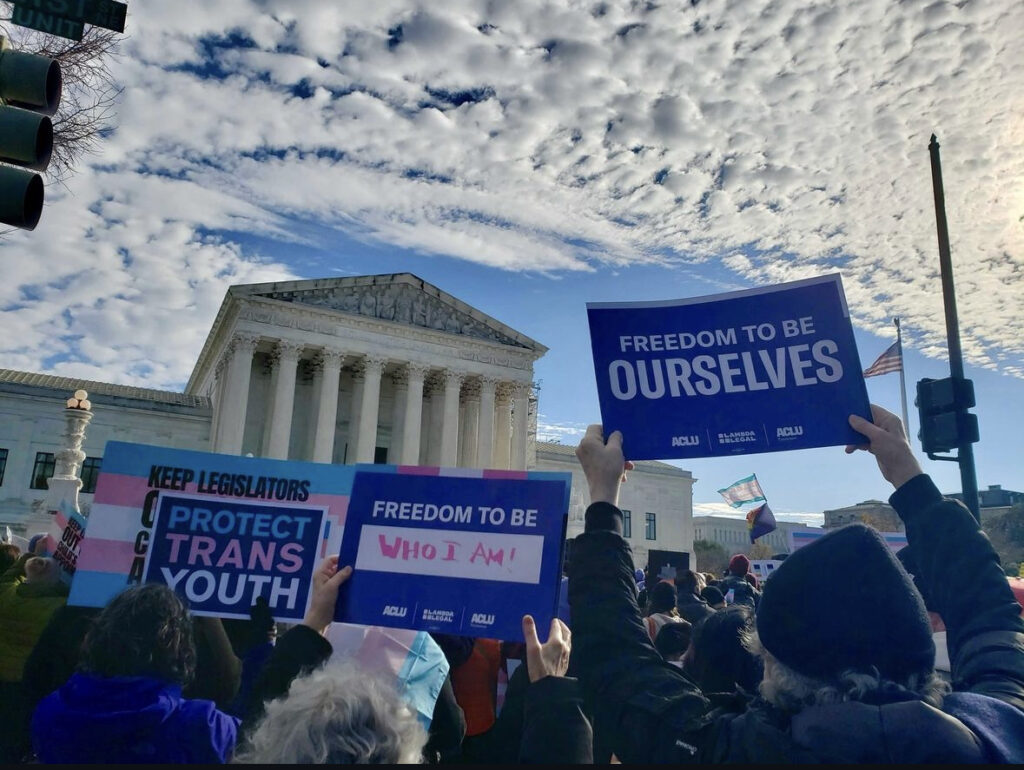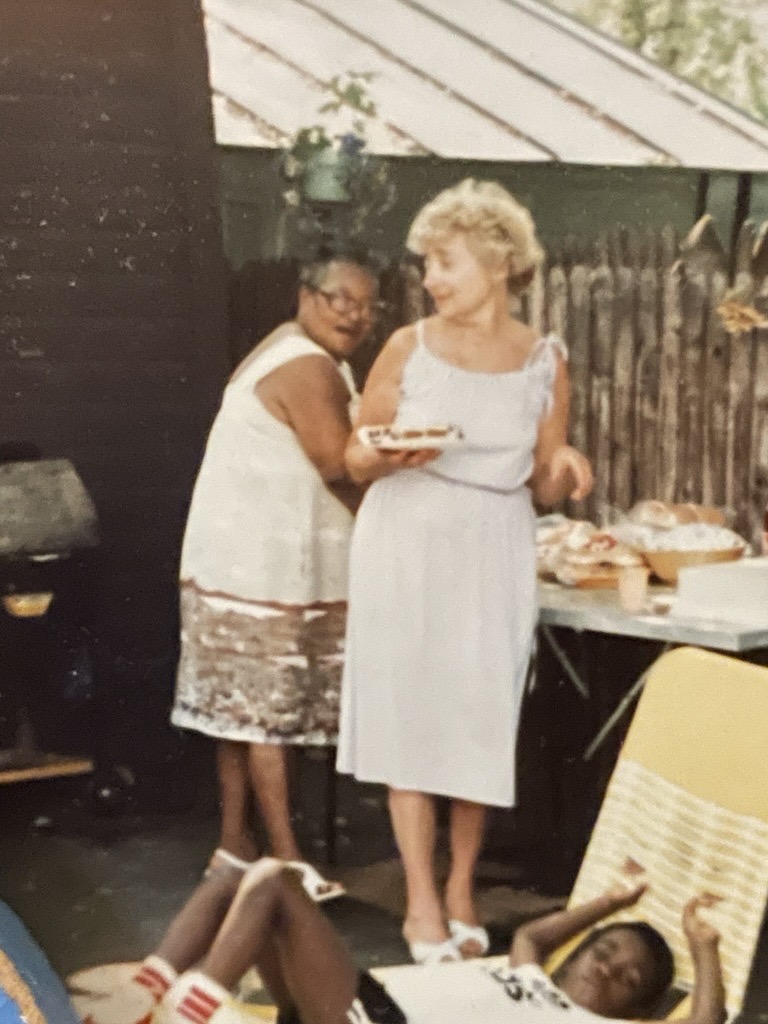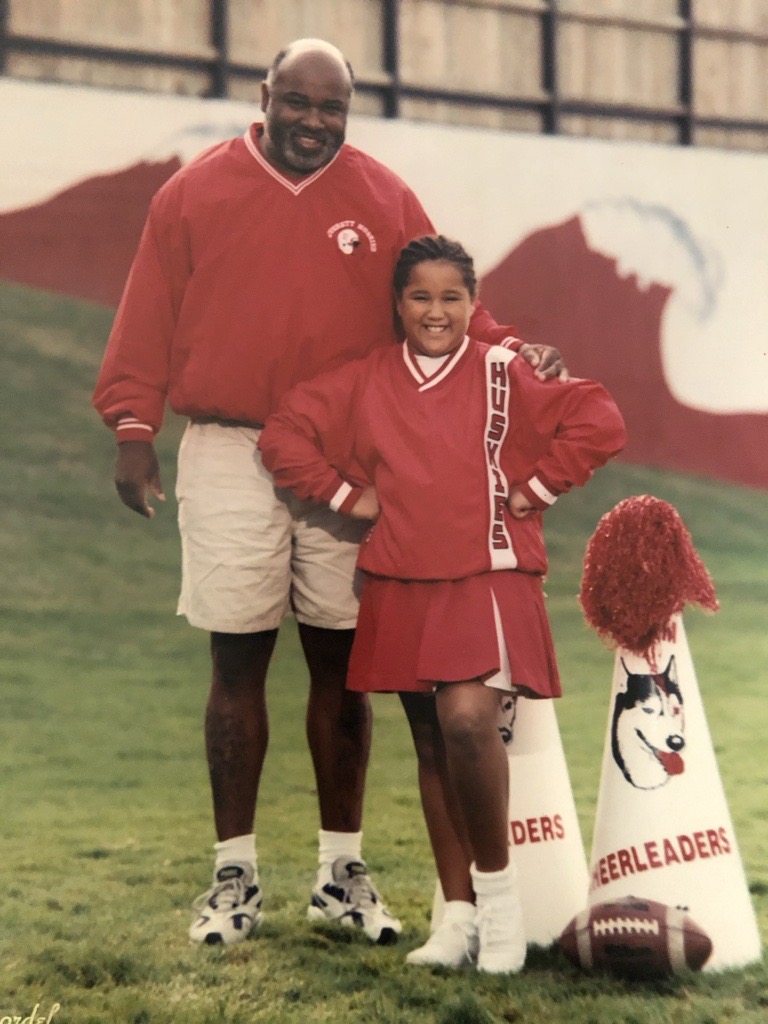A Black, Nonbinary Attorney’s Reflections on Freedom, the Skrmetti Decision, and the Violence of Binaries
By Whit Washington, Senior Attorney for the Nonbinary and Trans Rights Project
The Fourth of July is supposed to be a celebration of liberty. But what is liberty to someone like me: a Black, bi-racial, nonbinary, transgender, queer attorney? What does freedom mean to someone whose very existence is so often treated as a disruption, a contradiction, or a threat?
I do not celebrate a freedom I’ve never fully known and still do not fully possess. As Frederick Douglass said in 1852, “This Fourth of July is yours, not mine. You may rejoice, I must mourn.” That legacy of exclusion and mourning continues.
From the founding of this nation, liberty has always been qualified. Born in the shadow of empire, the United States never abandoned the project of colonization; it simply repackaged it. The Constitution spoke of “we the people” while codifying racial inequity in the Slave Codes. After the Civil War and the ratification of the Thirteenth and Fourteenth Amendments, the country preached equality with the same breath that the Courts used to uphold segregation. The law wraps its exclusions in doctrines of neutrality and objectivity, even as it leaves so many of us outside its protection.

The Skrmetti decision is just the latest proof of that. In upholding Tennessee’s ban on access to life-saving medical care, the Court elevated political whims over the safety and wellbeing of children. The opinion bent itself backwards to avoid acknowledging trans people as a discrete class entitled by precedent to the protection of heightened scrutiny, despite a well-documented history of systemic violence. Rather than addressing the constitutional rights at stake, the Court sidestepped those questions by focusing on age and the judicially contrived notion that there is less constitutionally protected freedom to make medical decisions than other decisions. The Court’s decision ignores that the text of Tennessee’s ban says its intention is to “encourage minors to appreciate their sex,” a textbook case of sex stereotyping that reinforces a false gender binary.
The urgent constitutional questions around sex and gender discrimination and bodily autonomy have been deferred for our future cases. But by choosing to hide behind rational basis, the minimal constitutional standard that applies to cases about age, instead of identity, the Court delivered a broader message to vulnerable Tennessee young people: the government’s duty to protect does not extend to us. At least not today, when it’s urgently needed against a bigoted political storm.
This is not just bad law—it is bad faith. It weaponizes the myth of neutrality and reinforces the legal erasure invited by the illusion of the legal binary. In the Court’s reasoning, the urgent needs of trans people are not legitimate; our lives are not readily legible and credible. This is a direct continuation of what legal scholar Kimberlé Crenshaw described in her foundational article on intersectionality: the law, as currently constructed, cannot comprehend the lives of those who sit at multiple margins. The experiences of trans people—particularly Black trans system-impacted people— are not just misunderstood. They are structurally unrecognized. The craven avoidance that haunts the Skrmetti decision is not an anomaly— it is only the most recent iteration of the America’s discriminatory legal legacy.
This refusal to recognize is precisely what drove Rev. Dr. Pauli Murray in their work. Rev. Dr. Pauli Murray, a Black, queer, nonbinary legal theorist and civil rights giant, envisioned a legal framework that transcended race and gender binaries. They wrote about “Jane Crow”—the layered oppression experienced by Black women and femmes—and insisted that the law must reckon with complexity. Murray’s work helped form the backbone of equal protection jurisprudence, even as their name was too often left out of the narrative, obscured by the respectability politics of their time.

These same respectability politics told me, as a child, that my presence in white spaces was proof that “we the people” included me. That lie began to unravel as I grew older and saw how every victory was met with backlash— every step forward greeted by new legal mechanisms of exclusion. I saw how the arc of the moral universe doesn’t bend toward justice by itself. It must be pulled.
And so we pull.
I take up the work of my foreparents: the “founding fathers” who wrote aspirational words they did not live up to; the drafters of the Civil Rights Acts who tried to give those words the force of law; Dr. Murray, the Justice who never was but who mapped a path forward from the margins; and Kimberlé Crenshaw, who named the failure of our exclusionary legal frameworks and lit the way for people like me to fight back.
The violence invited by the illusion of the binary—of laws that can only see us in parts, never whole—has long been our reality. But we have always resisted. And from that resistance comes hope. Not the hollow hope of patriotic platitudes, but the grounded, defiant hope born of action.
May the Fourth of July be a reminder that the American promise—of liberty, of dignity, of equal protection under the law—has always been deferred for those of us who live outside its neat categories. It is a day that exposes the contradiction at the heart of the nation: that the country which claims to value freedom still legislates against our right to be.
I know the work ahead and I will keep working until this country is finally willing to do as it should for the people. And until the promise is honored with dignity and safety for all, I will continue to resist, to mourn, to imagine, and to insist on something better.
Because I am not an exception. I am the future the law must learn to see.



